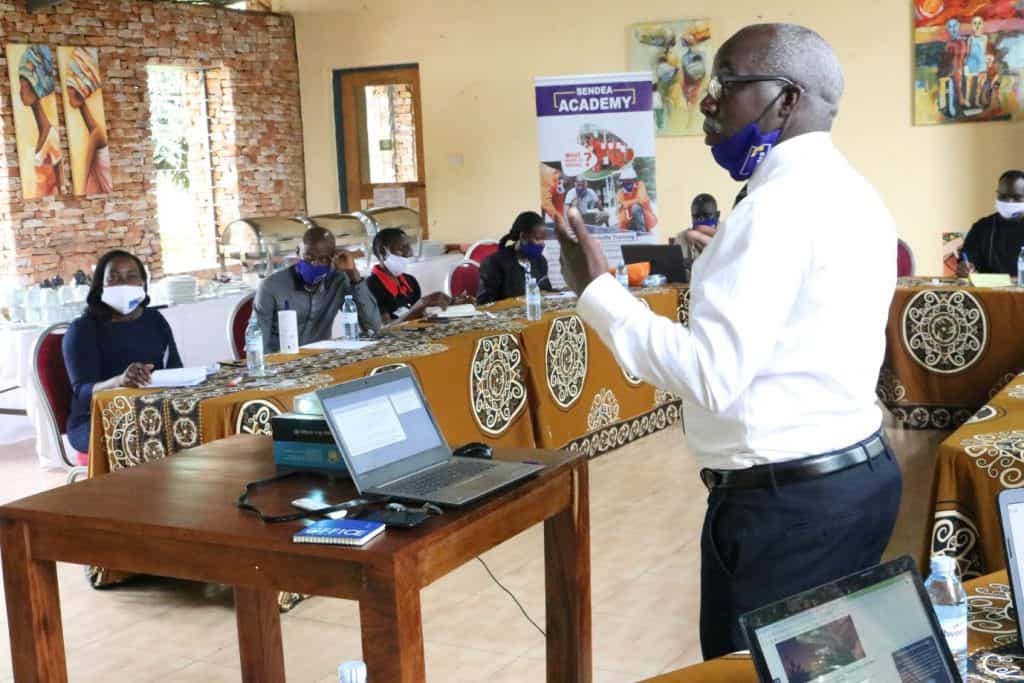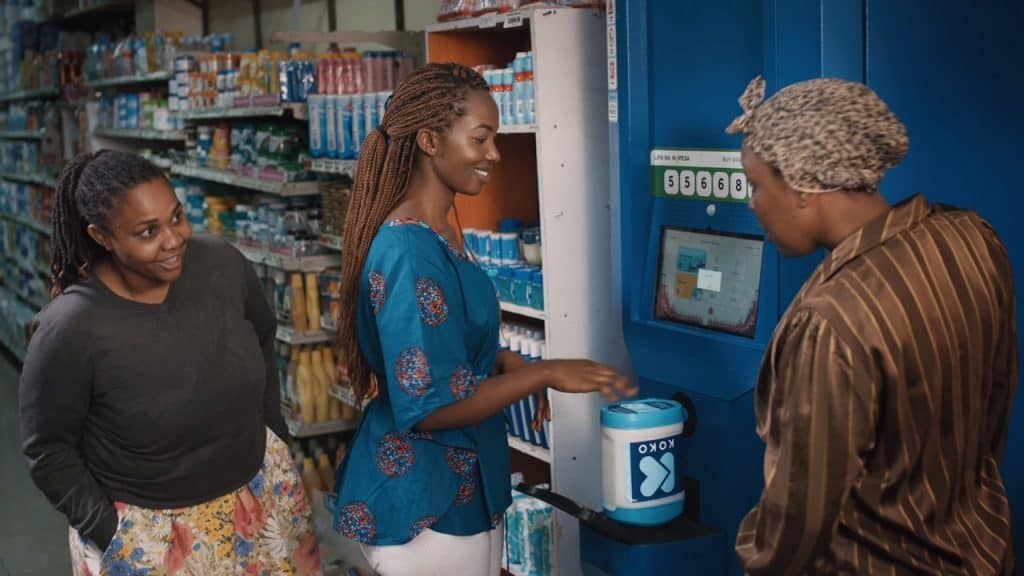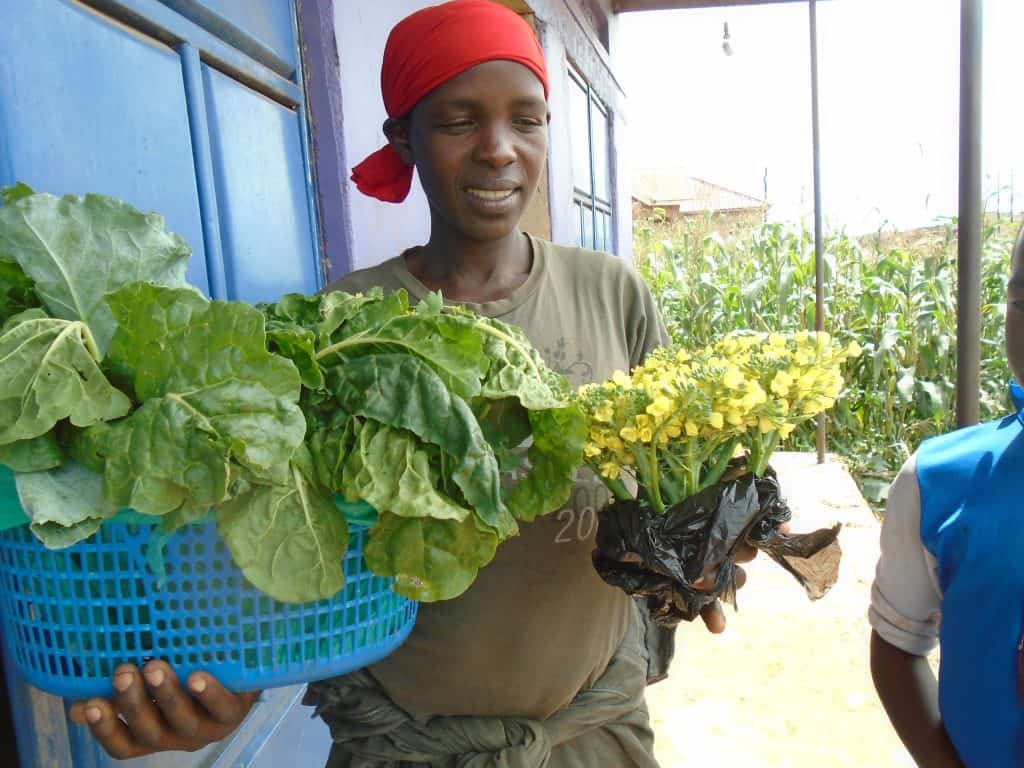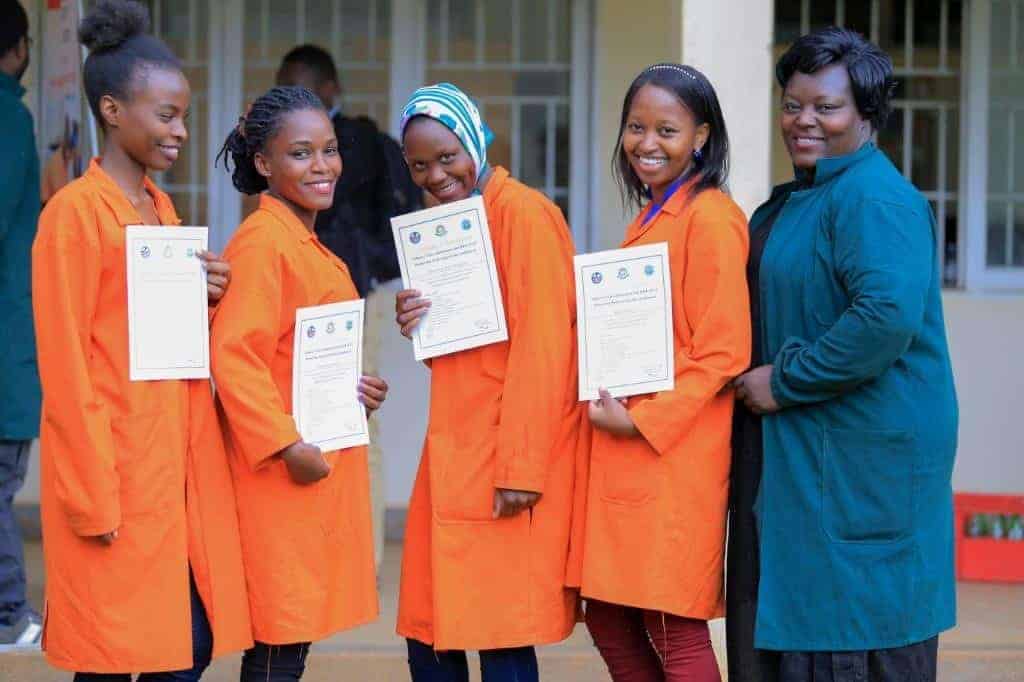Outstanding climate solutions from around the world have been named in the Ashden Awards 2021 longlist.
The annual awards celebrate innovation that lowers emissions while creating better lives and fairer societies. Areas covered by this year’s awards include energy access, natural climate solutions, regenerative agriculture, and cooling in informal settlements.
Ashden CEO Harriet Lamb said: “In the year that governments, climate innovators and activists gather at the COP26 global climate summit in Glasgow, these inspiring climate champions demonstrate the many solutions that can be replicated at scale and speed.
“The Ashden Awards focus on cutting-edge initiatives that are both green and fair – that deliver climate justice, create good jobs, train people in green skills, and cut carbon.
“This year we have an amazing array of initiatives to choose from and judging is going to be tough! We cannot wait to showcase their outstanding innovations to the world when we announce the winners this autumn.”
The 2021 Ashden Awards longlist (International categories)
Ashden Award for Energy Access Skills, supported by The Ashden Trust
Sendea Academy, Uganda – a collective of locally-owned SMEs driving up standards in the off–grid renewables sector.

Bharatiya Vikas Trust, India – this organisation has trained 14,000 bank workers to offer loans for sustainable energy.
Strathmore Energy Research Centre, Kenya – a technical university leading the way in inclusive solar industry curricula.
African Management Institute – as part of the Off-Grid Talent Initiative, AMI is providing a tailored programme for companies and middle-managers in the off-grid energy space with funding from UK Aid.
Ashden Award for Humanitarian Energy, supported by Alan & Babette Sainsbury Charitable Fund and The Linbury Trust
Energy Peace Partners and Nuru (joint application), Democratic Republic of Congo – a groundbreaking micro-grid project, made possible by a pioneering finance mechanism of renewable energy credits.
Kakuma Market Based Energy Access Project, Kenya – innovative support for local clean energy entrepreneurs.
Solar Freeze, Kenya – pay-as-you-store refrigeration in humanitarian settings.
Kube Energy, South Sudan/Somalia – Helping humanitarian agencies integrate renewable energy into their operations through innovative finance.
Ashden Award for Energy Access Innovation
South Asian Forum for the Environment, India – community-owned solar systems give mangrove villages clean water for drinking and farming.

KOKO Networks, Kenya – 700 ‘ethanol ATMs’ supply cleaner cooking fuel made from sugar industry waste.
The Cooling as a Service Initiative – open-source tools and business models help SMEs around the world run sustainable ‘cooling as a service’ businesses.
New Energy Nexus Uganda – inclusive support for community-based sustainable energy businesses.
Ashden Award for Natural Climate Solutions
Sapara Women’s Association, Ecuador – a collective of Indigenous women opposing logging and drilling, and strengthening governance of their territory.
Mbou Mon Tour, Democratic Republic of Congo – this NGO helps villagers secure land rights and earn a better living.
Albertine Rift Conservation Society, Central and Eastern Africa – an NGO supporting sustainable forest-based cooperatives.
Conexsus, Brazil – designing finance products for community businesses in the Amazon.
Ashden Award for Regenerative Agriculture, supported by The DOEN Foundation
YICE Uganda – a grassroots initiative training women and young people, including refugees, in regenerative farming techniques.

Associação Agroecológica de Teresópolis (AAT), Brazil – a smallholder farmers’ association in the agricultural ‘green-belt’ of Rio de Janeiro.
Krishi Janani, India – this woman-led initiative connects organic farmers to markets through mobile technology.
Solidaridad Network, India – a programme helping woman soy farmers use sustainable farming practices.
reNature BV, The Netherlands – supports farmers and corporates in the transition to Regenerative Agriculture.
Ashden Award for Cooling in Informal Settlements, supported by K-CEP/Climateworks Foundation
Worofila, Senegal – architectural collective specialising in ‘raw earth’ building design.
GeoAirCon, Pakistan – technology that draws cool air from below ground: a green alternative to air conditioning.
Mahila Housing Trust, India – empowering women to take on the heat crisis in their own communities.
Modulus Tech, Pakistan – creators of affordable, sustainable housing that brings lower temperatures than concrete structures.
Longlists for the three UK Ashden Award categories have also been announced. In total, more than 800 organisations applied for this year’s awards. Winners will be announced in November – after a rigorous assessment and judging process involving on-the-ground visits and input from sector experts.
Winners receive a cash prize, development support, and the chance to connect with investors and leading figures in the energy and climate sectors. Since 2001, Ashden has awarded more than 236 ground-breaking organisations.

